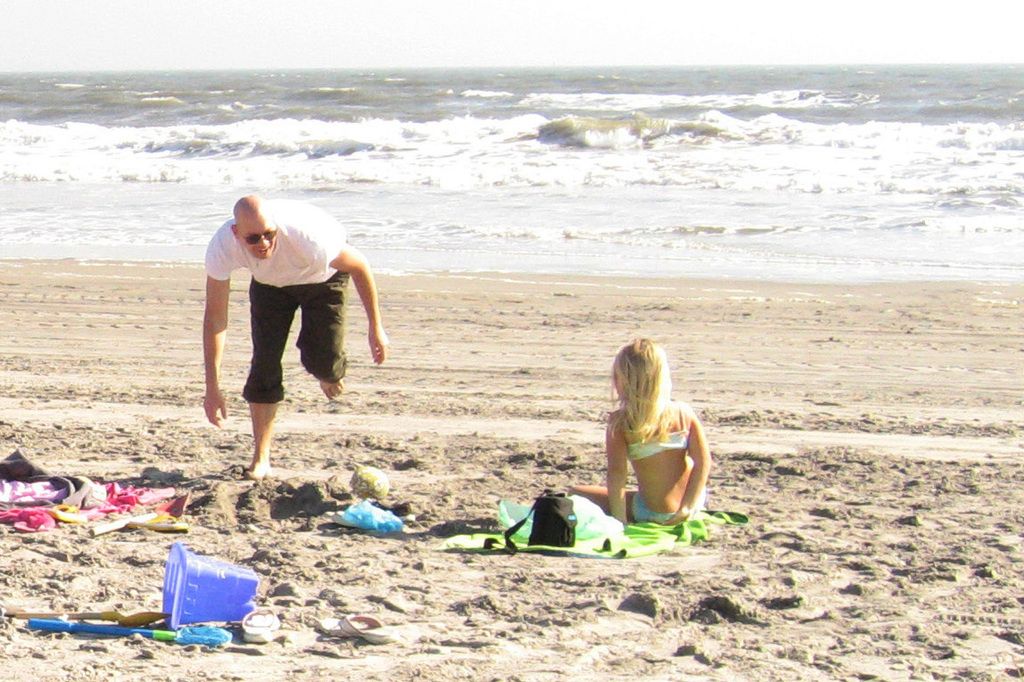Title: Cracking Down on Airbnbs: Spain's Prime Minister Propose Hefty Property Tax for Foreign Buyers
Pedro Sanchez, the Spanish prime minister, declared on Monday that there are too many Airbnbs, and what's needed is housing. He presented a series of new measures to aid renters and homebuyers, highlighting the issue of non-EU residents buying around 27,000 homes in 2023 primarily for speculation. Sanchez pointed out that this practice is unacceptable considering Spain's housing shortage crisis.
The proposed measures, pending parliament approval, include a hefty tax of up to 100% on property purchases for non-EU buyers, such as those from the UK and US. This tax would be significantly higher than current levies in Spain. Additionally, the government plans to impose steeper taxes on those renting out apartments for short stays, ensuring they pay taxes as a business.
The explosion of tourist apartments, particularly in popular seaside and city locations, has become a significant concern in Spain, a tourism heavyweight. Referencing this issue, a prominent Spanish real estate firm, Gilmar, expressed skepticism about the Prime Minister's plan due to its lack of specific implementation details.
The proposal might face obstacles in Parliament, where Sanchez's government has yet to secure approval for its 2025 budget. Sanchez's coalition partner, the leftist Sumar party, welcomed the housing proposals but deemed them insufficient. Sumar's Culture Minister, Ernest Urtasun, a senior Sumar official, emphasized the need for more extensive measures.
The government is actively seeking solutions to enhance the housing supply, including placing a recently created public housing body in charge of 3,300 homes and 2 million square meters of available construction land. This move aims to alleviate the housing crisis by providing more affordable housing options in high-demand areas such as Madrid and Barcelona.
The strategic measures adopted by Sanchez's government aim to reduce speculative purchasing by foreign investors, lower housing prices, and promote long-term rentals. However, the success of these proposals is subject to numerous factors and potential challenges. The 100% tax on non-EU property purchases could deter foreign buyers but may impact property markets and local economies, while higher taxes on short-term rental properties could potentially harm the tourism industry.
In summary, Spain's efforts to address housing scarcity and over-tourism through taxation and increased housing supply have the potential to bring positive changes, but careful execution and ongoing monitoring are required to mitigate potential negative impacts.
The government's plan to impose higher taxes on those renting out apartments for short stays is aiming to treat it as a business, requiring them to pay taxes accordingly. Addressing the significant concern of tourist apartments, the government aims to alleviate Spain's housing shortage crisis by promoting long-term rentals rather than business-oriented short-term stays.





